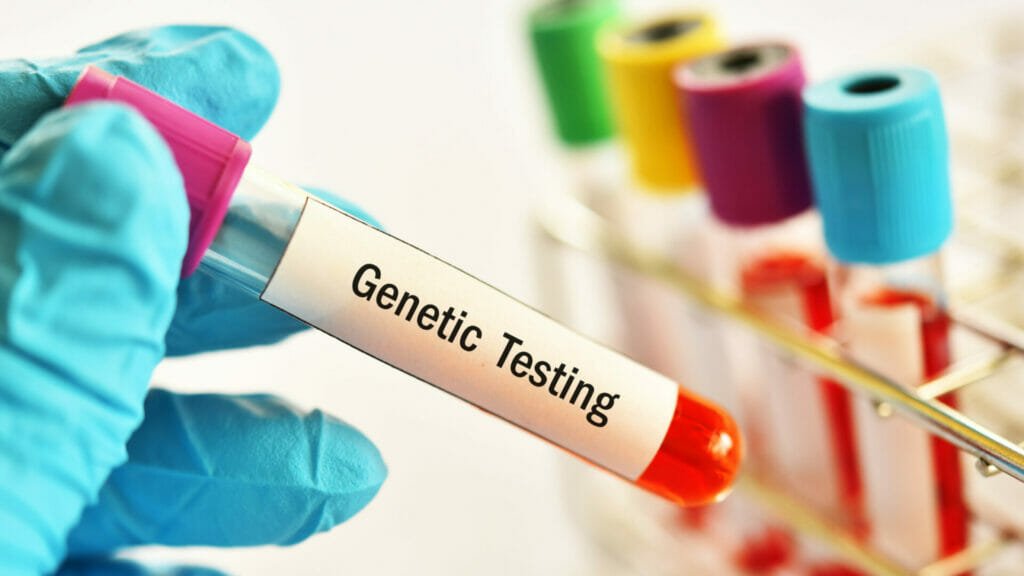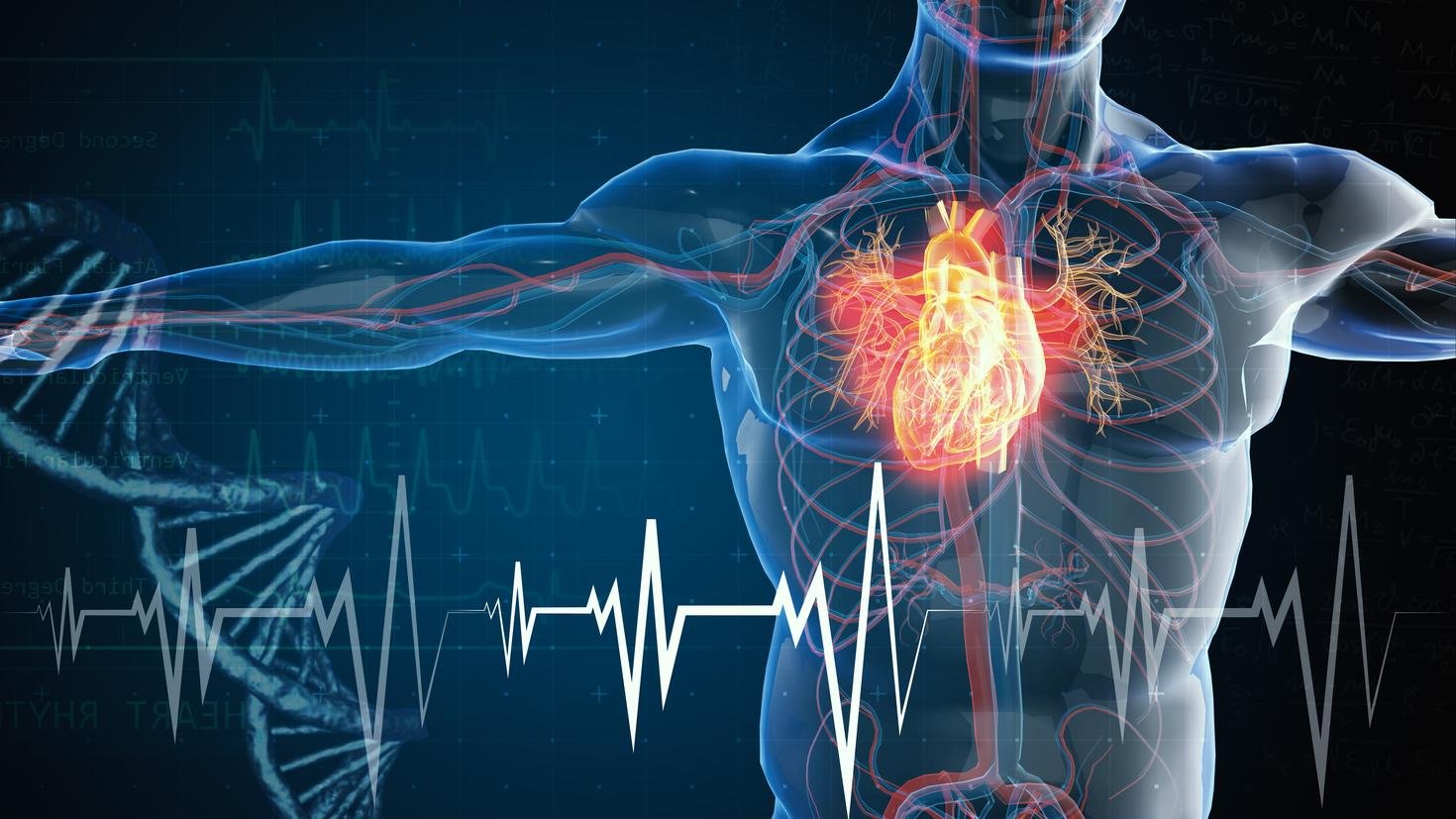
The Benefits of Genetic Testing for Neuromuscular Diseases
Neuromuscular diseases are known for affecting muscle function, resulting from issues with nerves and muscles, and the most common symptom is weakness. Affecting around 14m people around the world, neuromuscular diseases are often diagnosed through genetic testing.
In this article, we look at the benefits provided by genetic testing in relation to neuromuscular disorders, with the first being it allows more patients to get a definitive diagnosis. This provides closure, as well as advice on progression, prognosis and treatment.

Inherited Neuromuscular Diseases & How Genetic Testing Helps
While not all neuromuscular diseases can be described as genetic disorders, many
are genetically determined. As such, genetic disorders are caused by gene variants, which are sometimes inherited from your parents. Each person has around 23,000 different genes, and genetic mutations within these genes are often the cause of genetic disease, even in the absence of a family history of the disorder.

What Have Genetics Got to Do with Rare Diseases?
Rare diseases have been an increasing focus of attention over the last few years, with an EU definition of rare disease being 1 in 2000 people or fewer affected. According to science, there are more than 7,000 rare diseases, and between them, in the region of, 350 million people around the world are affected. While they affect just a small number of individuals, rare diseases represent a significant source of morbidity and adverse impact.

Rare Diseases & the Role of a Clinical Geneticist
What is a rare disease? Officially speaking, a rare disease (RD) is one that affects fewer than five people out of every 10,000. When a rare disease is diagnosed, it can have a major impact on the individual and their extended family, and the majority of rare neurological diseases have an underlying genetic cause.